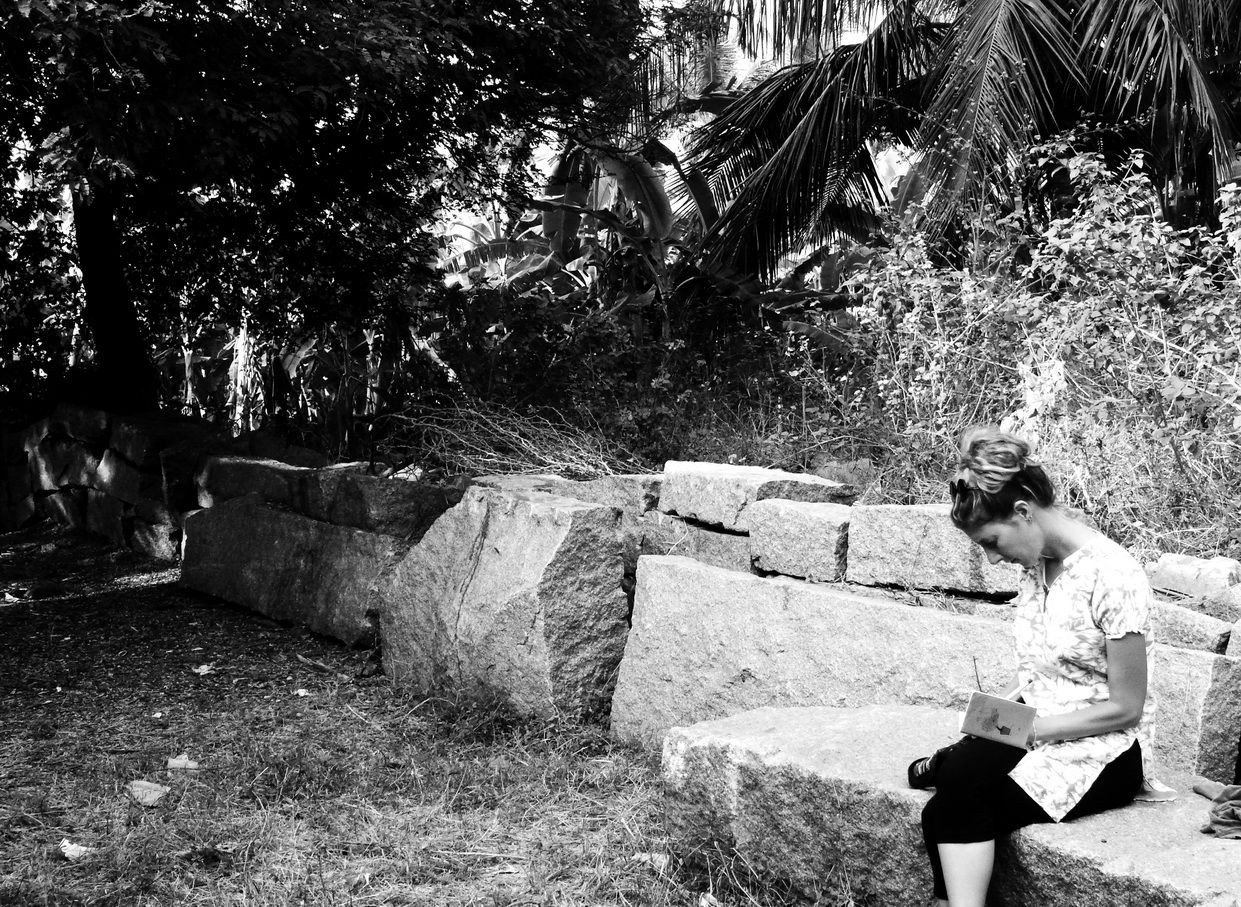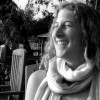
I will always love learning. I devour books and have a tendency to speak to the authors like they’re right there in the room with me.
We drink coffee together on frayed, vintage armchairs, lost in animated conversations about The Meaning of Everything. (Sometimes we just giggle and gossip.)
I studied Journalism and moved on to film theory because I loved storytelling and I wanted to understand the how and why of expression as deeply as I could. I was trying to mine depths everywhere.
In the end, this was, of course, a journey on a road that doesn’t end, a bit of recipe for disappointment, if not disaster, as much as it was an earnest attempt to really ‘get it’.
Movies are a great point of entry into the Everything I wanted to know, because they are made by so many people with so many different worldviews. It’s endlessly fascinating to witness these.
Eventually, though, crisis hit: What am I studying, really? What am I doing? When is enough enough? Where do all these theories and hypotheses and open-ended conclusions lead?
I slowly, tortuously, even—followed the route of these questions, and it led me where I never expected to go: to the Destination of Non-Thought. I was initially a bit of a terrified tourist in this land.
It was surprising and uncomfortable. But I knew this didn’t happen by accident, and that there was a lot to learn in this wild, unruly new place devoid of lecture halls and reading lists.
I learned that there are some really valuable things we need to know if we want to be happier and have a healthier relationship with our minds, and that can also be incredible companions to the path of intellectual pursuit:
1. Intellect is not Wisdom.
“The saddest aspect of life right now is that science gathers knowledge faster than society gathers wisdom.” ~ Isaac Asimov
Shouldn’t this be obvious? It wasn’t to me. But the best proof I can find for this idea is that despite getting through two university degrees (and then some) using the sheer force of my obstinate intellect, some basic things eluded me. These things included peace of mind, a life with few interpersonal conflicts and happiness.
I can’t imagine anything smarter than knowing how to be happy. I also think much better if I’m happy, and happiness lies in the domain of the wise.
2. Turning your body into your personal thesis topic will take you very far.
I just remembered that when I was in eighth grade, our English teacher (one of my very favourites to this day) would make us stand on our desks and do tai chi. None of us had a clue what tai chi was as we swayed our hands in the air and tried not to laugh.
This sounds crazy, but I’m not sure I even knew I had a body for a long time there. Sure, there was an entity that had pains, irritations and managed to do things for me like grab food and scratch my itchy head. But did I really understand that this body and I were related?
If it hurt, I got angry at it, like it wasn’t a part of me. If I had a headache, it was a thing out there that could (maybe) be remedied by a Tylenol (or not drinking so much the next time).
I certainly had no idea that if I observed my breath, I would find that it got faster when I was angry or stressed, and slowed down to a gentle rate when I was calm. Or that things like flexibility and tension-free shoulders and headaches were caused by my mind and well within my control.
Knowing – loving, nurturing, attending to, listening to – your body is one of the smartest things you can do, and you don’t need a classroom or a virtual library to do it.
3. Silencing thoughts can be more effective than cultivating them.
Your thoughts aren’t going anywhere. As long as you’re human, they’re here to stay (I’m not sure I knew this until recently either).
I used to think (can we ever stop thinking?) that my purpose in life was to think my way into discoveries, and I took great care to have elaborate thoughts, along with their accessories: critical, analytical and abstract thought. The more I could extend a thought out into the ether, and formulate sub-thoughts that had their own branches of thought, the better off I thought I was.
Then I started to learn meditation.
Oops.
It’s not that we shouldn’t have or use thoughts—there are indeed so many great minds out there that help us all the time—but we need to understand that we can control our thoughts, instead of being controlled by them.
Ever try to talk yourself out of that cup of coffee you really want? Who is it that’s insisting your life will be impoverished without it, and that one cup of coffee never killed anyone?
Yep. Your thoughts. But if we can learn to let the thoughts come and go without attaching to them, and start enjoying the moments between them (they’re hard to find, but they’re there and they’re expansive!) … we might just have a chance at using our thoughts productively and creatively, when we choose.
4. Intuition is the real pathway to knowledge.
“I believe in intuitions and inspirations…I sometimes feel that I am right. I do not know that I am.”
~ Albert Einstein
It’s true. More and more research is showing that our emotions actually guide our thoughts and that our so-called gut is working side by side with our reasoning processes: our actual stomachs have intelligence. To know, to really know and to have wisdom is to listen to yourself, and not rely on the hordes of information circulating in the universe-osphere.
5. The world is your best classroom.
This one is obvious. Course Name: The world is insanely, overwhelmingly inspiring. Lesson plan: Go find it! Let the sights and sounds of the world mingle with your inner voice to become your precious guides.
Love elephant and want to go steady?
Sign up for our (curated) daily and weekly newsletters!
Editor: Bryonie Wise
Photos: courtesy of the author








Read 0 comments and reply